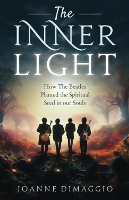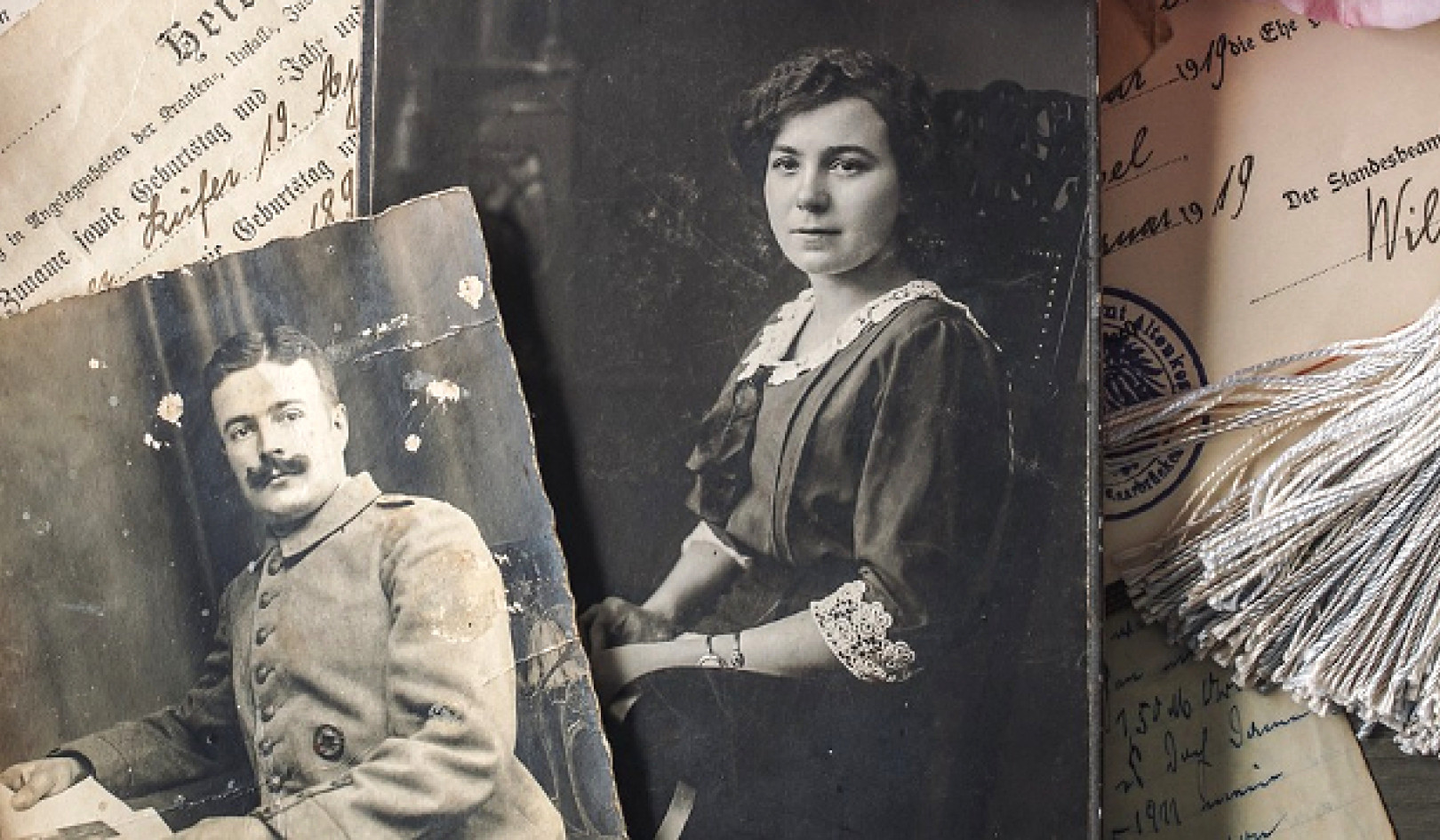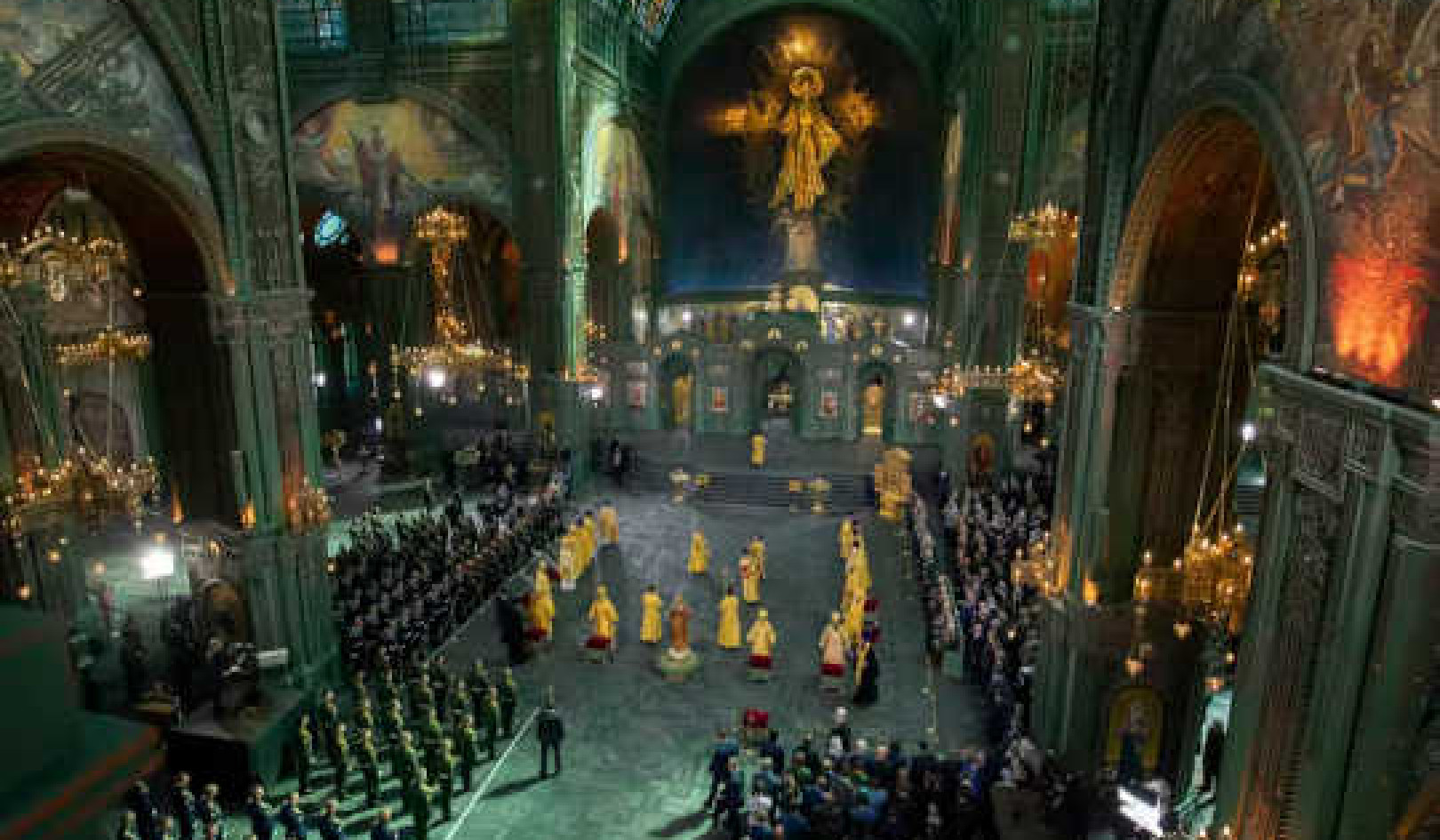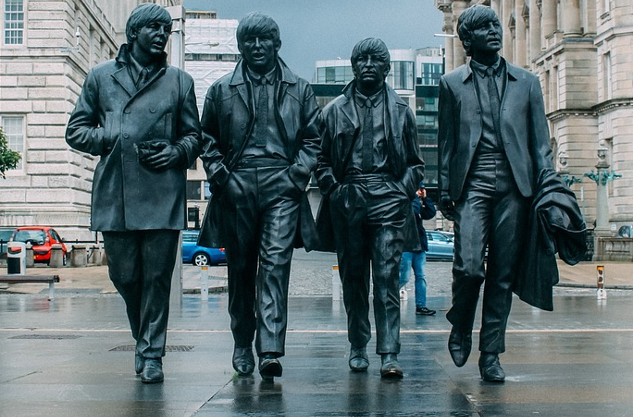
Image by Maxpinsoo from Pixabay
I don’t recall any fanfare when the calendar slipped from 1959 to 1960. Little did I know how much would be packed into that decade or how deeply my life would be impacted by the transformational seeds that were being planted in an entire generation.
In his book, The Spiritual Meaning of the Sixties, Tobias Churton expresses a similar sentiment: “There are many people today who believe that there was something peculiarly special about the Sixties, not just in sociological and political terms, not only in the technical fields of lunar exploration, cinema, and music . . . but in the spiritual dimension.” He goes on to say that the “youth movements of the time were also undergoing a spiritual crisis.”
From an astrological perspective, Eric Meyers states that “the 1960s emphasized the process of spiritual awakening” but that wasn’t something I had any inkling of as I lived my day-to-day life in the Chicago southside neighborhood of Bridgeport.
Although today Bridgeport is one of Chicago’s most diverse neighborhoods, in the sixties it was a segregated community that had, as we liked to say, a church on one corner and a tavern on the other. Life seemed to circulate around both, with the men favoring the taverns while the families, usually led by the women, designed their lives around the church. I attended Catholic school.
Candy Leonard captures how Catholic girls were feeling at that time. She said: “From the beginning, they [the Beatles] told these young people it was okay to be reflective and to think about big ideas. Through their songs and their own high-profile adventures, they encouraged fans to question and quest. Several fans said, ‘They made us think about things in different ways.’”
The Search for More
Even when I was still playing with Barbies, I had this gnawing feeling that there had to be more to my relationship with God than what they were peddling at the parochial schools. I felt a heaviness, as if there wasn’t much more to life than this darkness I experienced at every turn. Nothing made sense and it felt rather hopeless to even dream otherwise.
Embracing Hinduism never entered my mind. Yet years later, George Harrison expressed his conclusion about the two in a very succinct way: “I believe much more in the religions of India than in anything I ever learned from Christianity,” Joshua Greene quotes him as saying. “The difference over here is that their religion is every second and every minute of their lives.”
The Catholic Church did little to bring spirituality into their teachings. If we experienced a crisis of any kind, we did not know how to have a personal relationship with God wherein we would find solace. For those of us who were yearning to find something of meaning outside of ourselves, there were no tools at our disposal to tap into that divine wisdom that we held within. Heck—the whole idea of holding divine wisdom within one’s soul was a foreign idea in most traditional churches.
Karma vs. Sin
As I read more esoteric books, the theory of karma began making a lot more sense than sin. Karma—the philosophy of reap what you sow—meant there was a just and divine source overseeing things. With this philosophy, you couldn’t get a clean slate just by going to confession.
Somewhere, somehow, you would have to answer for your thoughts, words, and deeds. Every facet of life, when applied to karma, made perfect sense. And when I thought about it, living a life under the self-responsibility eye of karma was considerably more difficult than worrying about a mortal sin that I could easily get erased by confessing it to a priest—God’s so-called agent on Earth.
As Churton wrote about this time: “There was some awareness that there was something to reach for, something out there, or rather, in here. Somewhere. Something.”
Even John Lennon echoed that sentiment. Barry Miles, writing in Beatles In Their Own Words, quotes John as saying: “There’s something else to life, isn’t there? This isn’t it, surely?”
I don’t think anyone in my generation realized this restlessness was happening on a global scale.
The Epitome of Darkness
Certainly, the very nature of what was happening in the sixties played a role in our evolutionary process.
One cannot discuss the sixties without bringing to mind that tragic day, November 22, 1963, when President John F. Kennedy was assassinated. If anything represented the epitome of the darkness, this was it. His death was a watershed moment in my life and the lives of many around me. We were changed forever.
Even though I was young when Kennedy was in office, there was something about his administration and his family that let a sliver of light into our lives. When he died, I cried openly, which was uncharacteristic of me. The black cloud that was always following me had grown darker and consumed every aspect of my being. I was thirteen with my whole life in front of me, and yet I felt despondent, unable to enjoy life because on some deep level I knew that a serious shift had occurred, and not toward the light but away from it. I wasn’t the only one who felt that way, but I did not have the wherewithal at that age to know how to seek out others who shared my yearning for the light.
That is, until the Beatles. They didn’t know it—and neither did we—but they would become, as Churton suggests, symbols of change and anchor a new phase in human consciousness.
The Beatles arrived in America just a few months after Kennedy’s assassination. Writing about their impact at that particular time in history, Paul says: “...though it’s not for me to say, people have written that the country, especially teenagers, had been looking for something new and positive and fun to latch onto after mourning his death. It’s one possible explanation for why Beatlemania took off so quickly in the U.S.”
Looking Within
We weren’t the only ones who were thinking about things in different ways during the height of Beatlemania. Our discontent was shared with George Harrison who said: “Turning to churches to find Jesus or temples to find God meant searching in the wrong places. Each person had but to look within.”
George believed that everything seekers were yearning for was not outside themselves, but within. But that wasn’t a concept that Beatles fans even considered in those early years. Nonetheless, the discontent led to exploring alternatives to Christian philosophies. That was certainly the case with me.
I did not pay attention to what religion John, Paul, George or Ringo grew up in. What I later learned, however, that like me, George was expressing a lot of doubt. Joshua M. Greene writes that religion made no sense to George. George told photographer Murray Silver he was raised Catholic but even as a child he couldn’t understand why Jesus was proclaimed to be the only Son of God. George believed we were all sons and daughters of God.
Author David Bennahum quotes George from two different interviews, addressing the issue of God and the church:
It is one of our perennial problems, whether there is a God. From the Hindu point of view each soul is divine. All religions are branches of one big tree . . . The thing is, you go to an ordinary church and . . . they all tell you about God, but they don’t show you the way. They don’t show you how to become Christ-conscious yourself. Hinduism is different.
A similar sentiment is expressed by Nicholas Schaffner in The Beatles Forever: “At a time when the last vestiges of traditional Western belief were being discarded by growing numbers of disoriented young people, they were particularly susceptible to any sage (or charlatan) who seemed to offer a convincing replacement.” This was life in the sixties. Churton writes:
. . . If, as the churches believe, they did in fact possess the whole store of spiritual meaning for humankind, then they demonstrated a woeful inability to express or understand this possession meaningfully, or make common cause with other opponents of materialism . . . The movement away from established religion toward the personal quest is undoubtedly a key aspect of the spiritual meaning of the Sixties, and did we understand the matter better as a culture, would be cause for some celebration and confidence.
Gary Tillery states that George:
. . . was especially disturbed that so many people appeared more preoccupied with the trappings of religion than with its spiritual value . . . He felt that religion was “all screwed up” because it seemed to have no heart—that it ought to be about how people treated other people and what they gave to others, not what they received as believers.
Spiritual Evolution
In Tillery’s book on John Lennon, he makes it clear that John did not associate himself with any religion: “With the exception of his brief association with the Maharishi Mahesh Yogi, Lennon never exhibited a desire to belong to a larger spiritual group.” John, it seemed, had an aversion to labels and insisted he did not belong to anything, much less an organized religion.
Of course, fans had no idea that any of the Beatles were giving serious thought to spiritual evolution. It eventually became obvious with George, but lesser so with the others. I certainly had no idea that John was on a spiritual search. Fans knew early on that John was an independent thinker, and that often intimidated us—at least, it did me. But we had few clues to say his thinking encompassed a more spiritual meaning to life. The one thing we did agree on was that we were rejecting the beliefs handed down to us. Like John, we wanted to find our own way, but we did not have the tools nor the mentors to show us how.
We certainly did not know that one night in 1966 John prayed for guidance to address the meaninglessness he felt. We had no idea he felt that way, and yet, that night began what according to Gary Tillery, was “the beginning of a search lasting for a decade, an anguished search for an alternative foundation on which Lennon could orient his life.” To do that, Tillery said John began to study the works of Sigmund Freud, C.G. Jung, and Wilhelm Reich. So many catalysts for change were acting independently of each other in the sixties and yet they were all connected—each playing their own significant role in the evolution of an entire generation.
Copyright 2024. All Rights Reserved.
Adapted with permission.
Article Source:
BOOK: The Inner Light
The Inner Light: How The Beatles Planted the Spiritual Seed in our Souls
by Joanne DiMaggio.
For more info and/or to order this book, click here. Also available as a Kindle edition.
About the Author
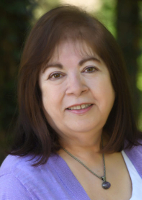 Internationally recognized Researcher, Teacher, Author, and Past-Life Therapist, Joanne DiMaggio, MA, CHt, has published six books and hundreds of magazine articles for both mainstream and esoteric audiences.
Internationally recognized Researcher, Teacher, Author, and Past-Life Therapist, Joanne DiMaggio, MA, CHt, has published six books and hundreds of magazine articles for both mainstream and esoteric audiences.
In 1987, Joanne began devoting all of her time to her esoteric studies, specializing in past-life exploration, research, and therapy. The years she spent researching and working on her own past lives, coupled with her experience as the director of her own past-life research organization, gives clients the comfort of knowing they are working with someone who has firsthand knowledge of the emotional, physical, psychological, and spiritual experience a past-life journey entails. She eventually combined her passion for soul writing™ with her knowledge of reincarnation and today is considered a respected expert in both fields.
Visit the author's website at: JoanneDiMaggio.com
More books by this Author.



